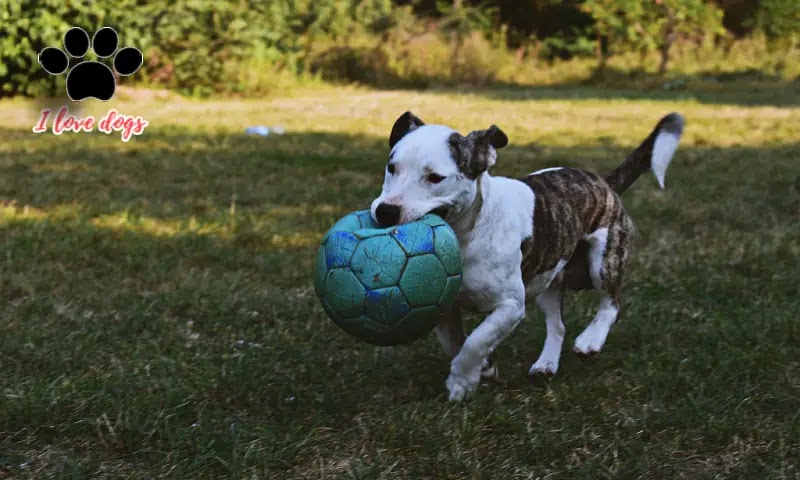Motivating Your Dog Without Treats
While treats are a popular choice for many dog trainers and owners, there are many other methods for training your dog without relying on them. Some dogs simply don't respond to food rewards, so it's crucial to have a diverse approach to training.
Identifying the Right Motivation
Incorporating Play into Training
Playing with your dog is a great way to keep them motivated and focused on you during training. Regardless of whether your dog is food motivated or not, play should always be a part of the training process.
Using Toys as a Training Tool
A tug toy can be an excellent tool for training and play. It's important to limit the toy's accessibility, so your dog only associates it with positive reinforcement and fun during training sessions. The most crucial command when using a tug toy is "out", which means your dog must release the toy immediately when you say so.
The Power of Praise
Both verbal and physical (petting) praise can serve as a reward for your dog during training.
Experimenting with Treats
When dogs have unlimited access to food or receive treats without earning them, they can become less motivated during training. To remedy this, try offering high-value food rewards such as chicken, steak, turkey, or cheese. What works best will vary based on your dog's preferences.
Minimizing Distractions
An overly stressful environment can cause your dog to be less food motivated during training. It's essential to start training in a calm, distraction-free environment and gradually increase the level of distractions as your dog becomes more comfortable. It's crucial not to push your dog too far, too fast.
Is Your Dog Overfed?
Overfeeding can lead to decreased food motivation during training, so make sure your dog is hungry when training.
Time to Visit the Vet
If your dog refuses to eat for three to five days or longer, it's best to see a veterinarian as there may be a more significant underlying issue.

Comments